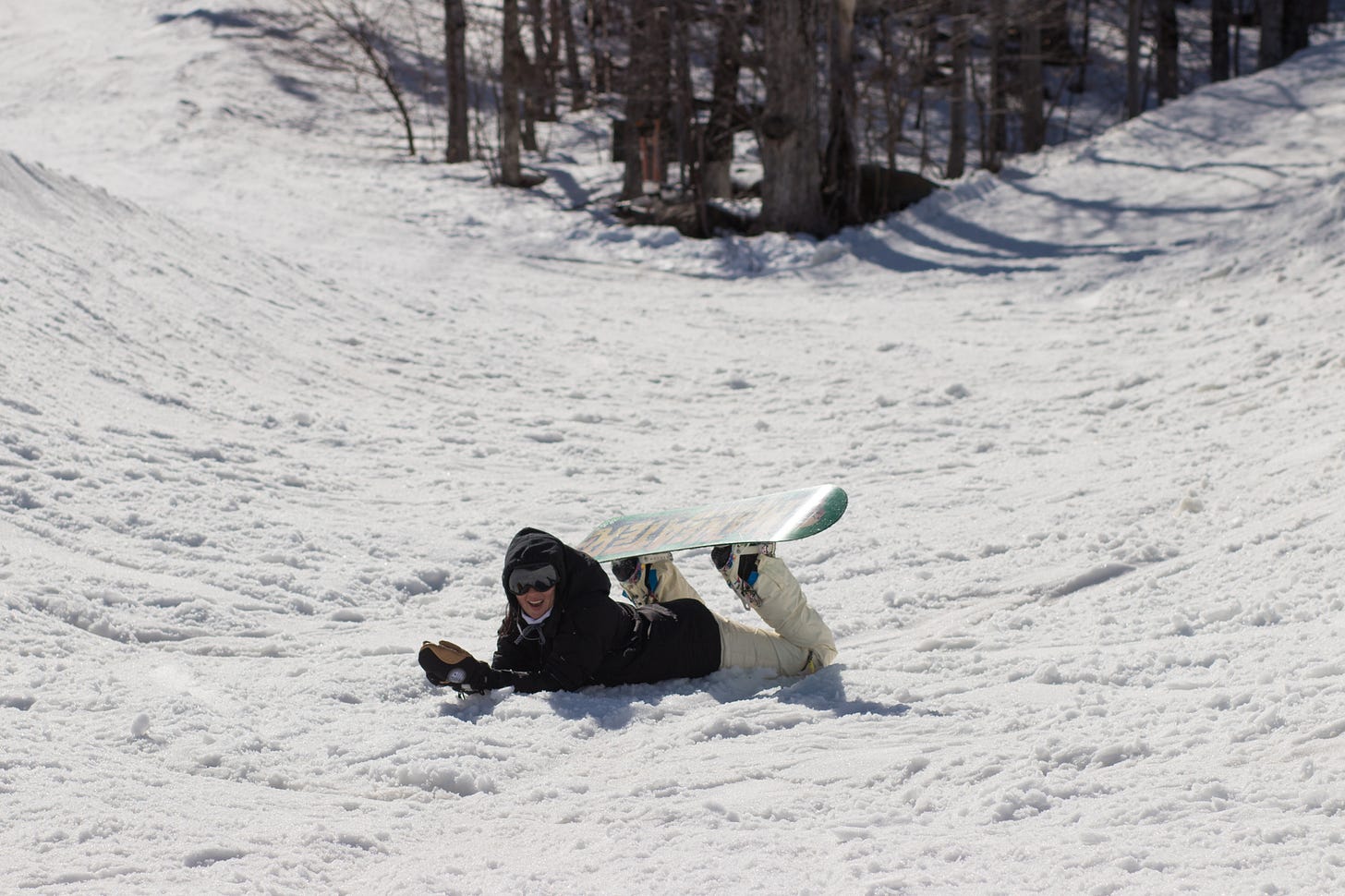What to do When You're Having An Identity Crisis With Jess Milad, Retired Snowboarder
Having an identity as an adolescent is incredibly important when it comes to our mental growth. So what happens when we encounter an identity crisis?
Do you remember the Disney channel originals, Brink, Rip Girls, and Johnny Tsunami?
I lived for those shows as a kid. I think I would probably classify myself as a wannabe for sure. And it wasn’t because I wanted to fit in or anything like that but I really wanted to be a snowboarder and I really wanted to learn how to be a great roller blader and surf…
Keep reading with a 7-day free trial
Subscribe to Sarah Potter, Mental Health is Magic to keep reading this post and get 7 days of free access to the full post archives.



